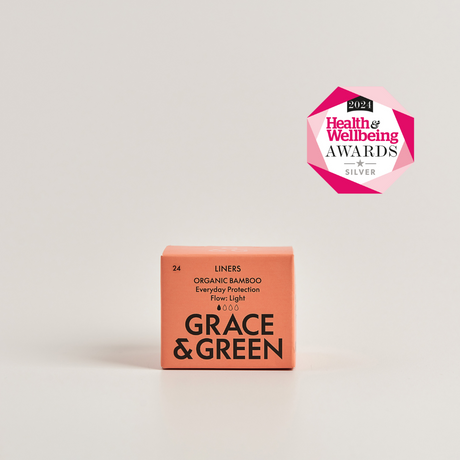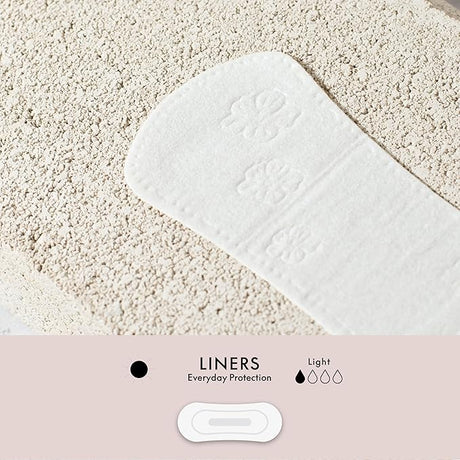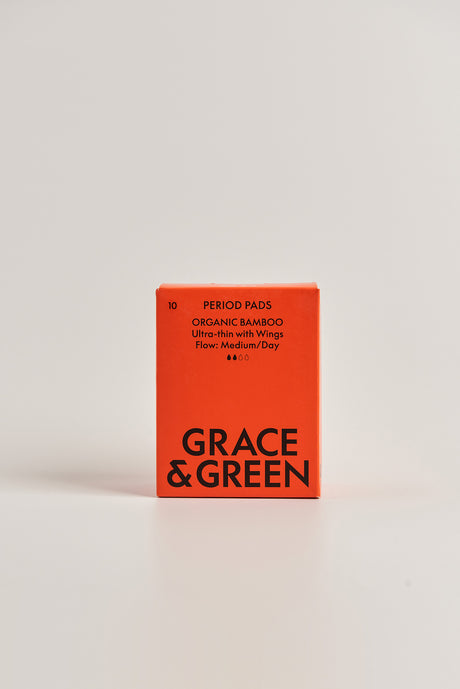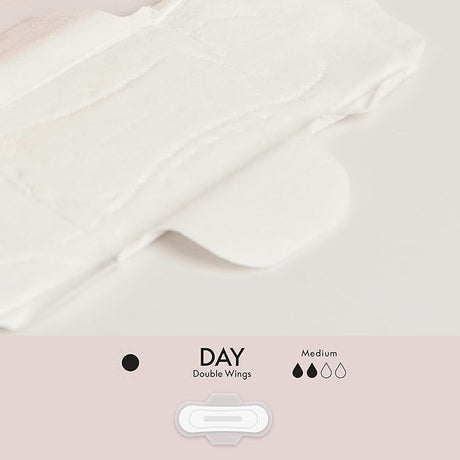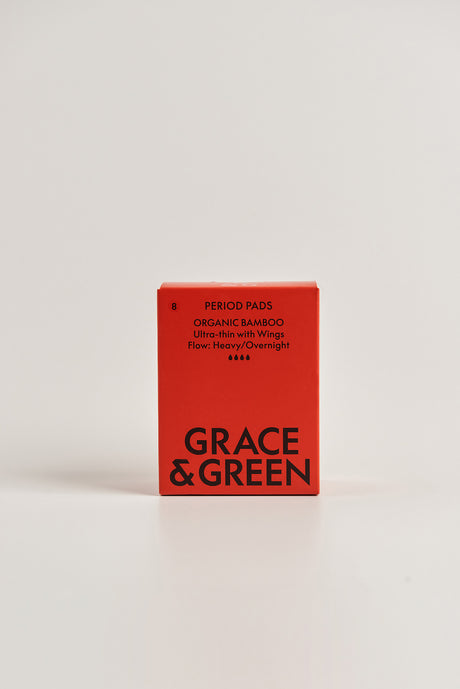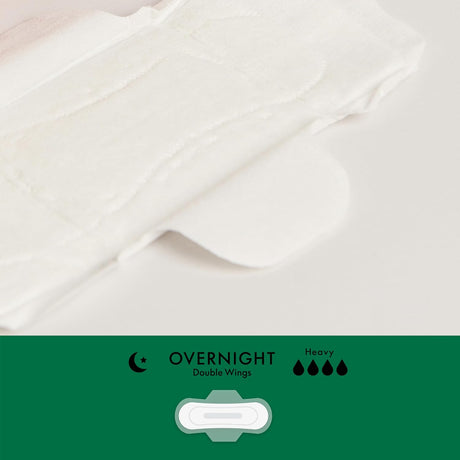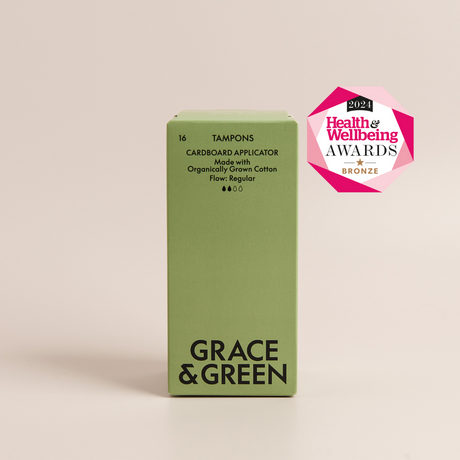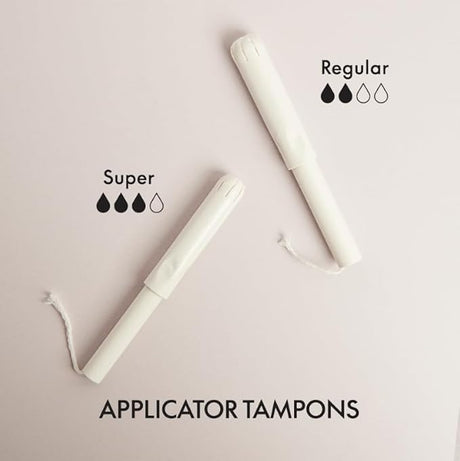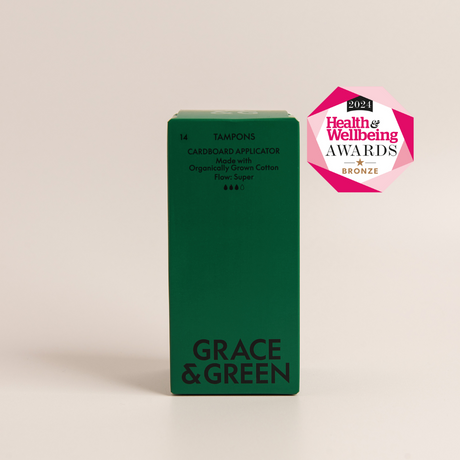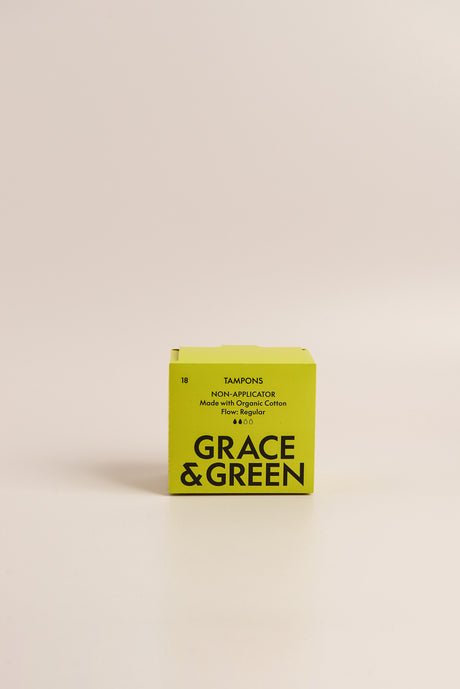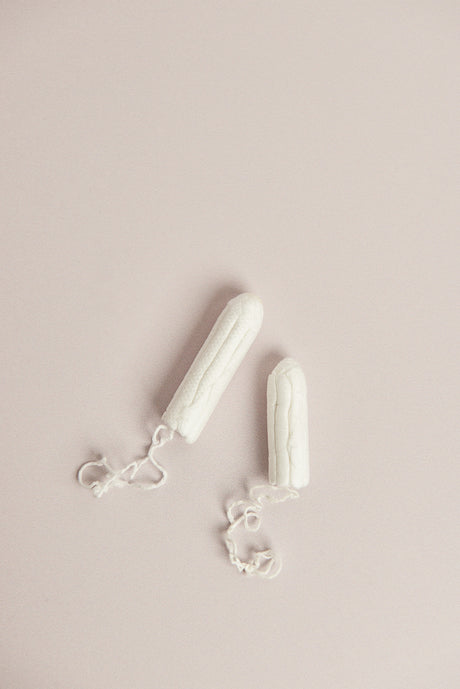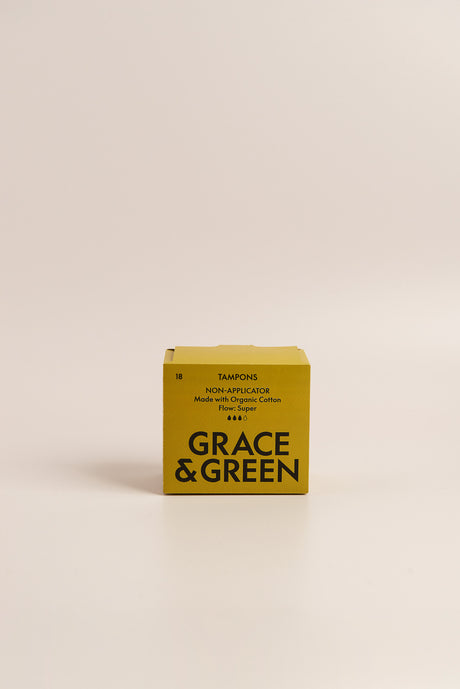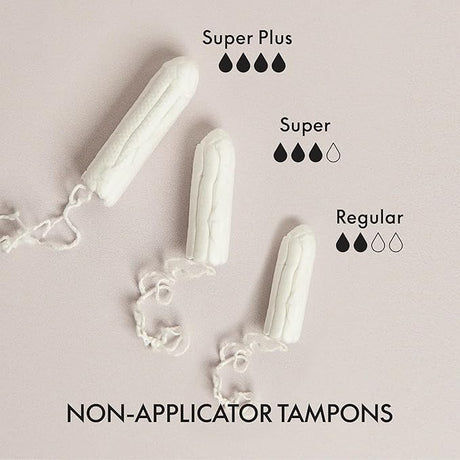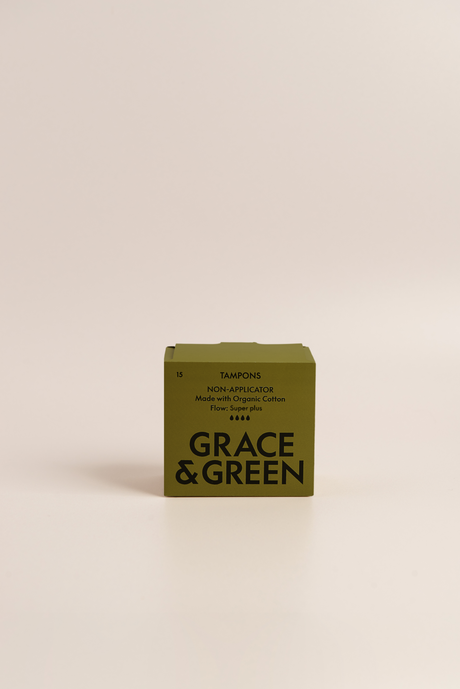Writing a dissertation and on your period? You have our sincerest condolences. Managing your menstrual health, or simply just your period, at university can be tricky. It’s an essential part of many people’s lifestyles but is often an overlooked aspect of student wellbeing. For many students, coping with their cycle comes with unique challenges from accessibility of products, the cost of period products and, for many, a lot of physical pain and mental challenges. As we combat the stigma against periods and menstrual health, higher education institutions need to become more inclusive and supportive environments. It is impossible for menstrual health to not become part of this conversation. Period.
Why Menstrual Health at the University Deserves More Attention
Though there is a growing awareness surrounding period dignity and menstrual health, periods are still treated as a taboo subject on campuses across the country and beyond into the workplace too. Despite the fact that universities are learning environments, discussions about periods are limited and often avoided altogether. When menstruation is ignored, students are forced to suffer in silence which impacts their physical health and academic success.
Addressing menstrual health in education institutions isn’t just about understanding the biology behind periods (although this is important too), it’s about curating an accessible and supportive learning place and the right to education without barriers. This cannot be achieved without the correct education surrounding menstrual health for all on campus, but especially those in points of contact like teachers, supervisors and senior leadership teams.
The Impact of Period Poverty on Student Life
Period poverty is a term that is often thrown into discussions of accessibility, but what actually is it and how does this affect students? Period poverty can be defined as ‘the lack of access to safe and hygienic menstrual products during monthly periods and inaccessibility to basic sanitation services or facilities as well as menstrual hygiene education” due to financial hardship. Already on a tight budget, many students simply cannot afford the basic necessities, including period products which are still viewed as a ‘luxury’ item on the shelves. Nearly 25% of those who experience periods studying in higher education have struggled to access or afford period products. Those in marginalised groups or from low-income families are three times more likely to experience period poverty compared to those from higher-income families. This has only worsened with the cost of living crisis, calling universities to make the necessary changes, starting with the conversations.
Many students are already balancing tuition, rent, and food expenses. Studies show that experiencing this leads to missed classes, insecurities and embarrassment, reduced engagement and social withdrawal. When period products become unaffordable, students are forced to choose between basic hygiene and other essentials. This is simply unacceptable.
Understanding Students’ Attitudes and Experiences
Every student experiences menstruation differently. Some feel comfortable managing their cycle, others face challenges from severe cramps to hormonal imbalances and feelings of embarrassment in shared living spaces.
Students’ Real Life Stories on Managing Their Periods in University
Some students are solely left to make-shift solutions, using loo roll or even socks as a pad or simply staying at home to free bleed. This is all due to a lack of affordability and a complete lack of access.
A Student from the University of York shared their experience, “I struggle with my menstrual health, whether I am on my period or not, I am dealing with some kind of symptom. Balancing my studies, health and doctors appointments is really tricky. There have been times where I struggle to even sit up, having to miss classes because of this is disappointing. I’ve seen my grades drop at points where I’ve really struggled and I’m missing out on socialising with my friends. I have debated taking a leave of absence multiple times and consistently used extensions for my assignments due to the pain I experience. Being on a student budget is limiting and when you are using as many period products as I do, the cost racks up. Particularly in my first year, I would save up my loyalty points from shops and spend them on period products to save myself some money. Having Grace & Green products available on campus means that I’m never caught short and takes away that financial worry too. Having accessible and free period products has been a lifesaver and has eased my anxieties of being on campus when I am having a symptom-heavy day”.
Access to Period Products on Campus: What’s Available?
Accessibility to menstrual products on campus remains inconsistent. Some universities offer free products in campus bathrooms or student unions, while others leave students to rely on vending machines or local stores.
Campus Menstrual Product Initiatives That Work
Initially, a conversation needs to be had. An understanding from the institution about the experiences of their students is the driving force behind real change. This awareness leads to spaces providing free period products for students and employees and a continued education surrounding menstrual health allows for continued adaptation as student needs change.
As part of the Period Dignity scheme, Grace and Green products are readily available across many UK university campuses including the University of York, University of Oxford and the University of Nottingham. Eco-friendly period care should be available in every space.
Tackling Menstrual Product Insecurity in University Settings
In 2025, it is shocking that not all education spaces cater for those with periods. Universities must recognise that product insecurity is a health and education issue. The period stigma often prevents students from voicing their needs, further isolating those who are already vulnerable.
Survey Data: Menstrual Health and Product Access
A survey by ActionAid revealed that more than 1 in 5 people who menstruate in the UK are now struggling to afford period products, this a 12% increase within one year. This amounts to 2.8 million people facing period poverty, a one million person increase. 41% of those facing period poverty kept pads or tampons in for longer periods of time and 8% re-used disposable pads. This can be incredibly dangerous despite this being one of the only options for many nationwide. 28% of participants said that they could rely on period products supplied by their school or workplace but 17% remained at home, missing out on uni, work, and socialising. This leads to wider issues on wellbeing and self-isolation
How Menstruation Affects Academic Performance and Mental Health
Menstrual symptoms can impact concentration, sleep, and participation in classes. Conditions like endometriosis or PCOS add an additional level of difficulty, often going undiagnosed due to limited access to student healthcare, or really, just healthcare in general with an average diagnosis time for endometriosis being up to 9 years on average.
The Role of University Policy in Promoting Menstrual Hygiene
When menstrual health is addressed in official policies, it becomes normalised and establishes a level of accountability from the institution. Clear and proactive university policies can make a profound difference.
Why Menstrual Health is a Public Health and Education Issue
Menstrual health is both a public health concern and a matter of educational equality. Without it, students, particularly those from marginalised backgrounds, face additional barriers that compromise their academic potential, as we have seen so far.
Menstrual Cycle Education for University Students
Knowledge is power. Offering educational workshops on the menstrual cycle helps students better understand their bodies, manage symptoms, and support peers. University health centers and student unions should offer resources about menstrual health, conditions like PMDD, and holistic cycle care. Access to educational webinars and pop-ups are available via our Period Dignity Scheme.
Creating Safe Spaces to Talk About Periods on Campus
Silence supports stigma. Open forums, peer-led groups, and awareness campaigns can create an inclusive environment where students feel safe to share experiences and seek help. These safe spaces are especially important for trans and non-binary students who menstruate, ensuring they too feel seen and supported. Teachers and supervisors being educated and understanding around menstrual health issues will allow students to feel able to speak to those who can help them and encourage a trusting relationship from university staff to students.
The Link Between Period Product Access and Student Wellbeing
The stats speak for themselves. Those without access to period products end up in isolation which only leads to poor wellbeing. Missing out on classes and socialising increases stress and feelings of missing out. Menstrual wellbeing is not a luxury, it is a right, integral to student health and academic success.
What Students Say About Menstrual Health and Support
Feedback from student bodies often demand:
-
Free access to period products
-
More inclusive facilities (e.g., gender-neutral restrooms with disposal bins)
-
Mental health support for cycle-related issues
-
Better staff training on menstrual health awareness
How to Advocate for Menstrual Equity at Your University
Are you a student that wants to make a difference? You can:
-
Join or start a menstrual equity campaign or society on campus
-
Petition your student union or university administration for product access
-
Share your story to help break the stigma
-
Collaborate with local organisations for support and resources
Steps Universities Can Take to Improve Menstrual Health Services
Making a change can be hard but the solution is clear. Universities should provide free, sustainable period products for everyone who bleeds in accessible locations. Staff (and students) should be trained with sensitivity and policies should be implemented to consider the needs of menstruating students.
Building a Period-Friendly University Environment
Having free tampons is great, creating a period-positive environment requires reshaping university culture to support every student’s right to menstruate with ease and comfort. When campuses prioritise menstrual health, everyone benefits.
Ready to get started? Learn more about our Period Dignity Scheme, where we support schools and universities to become more period-friendly places.


